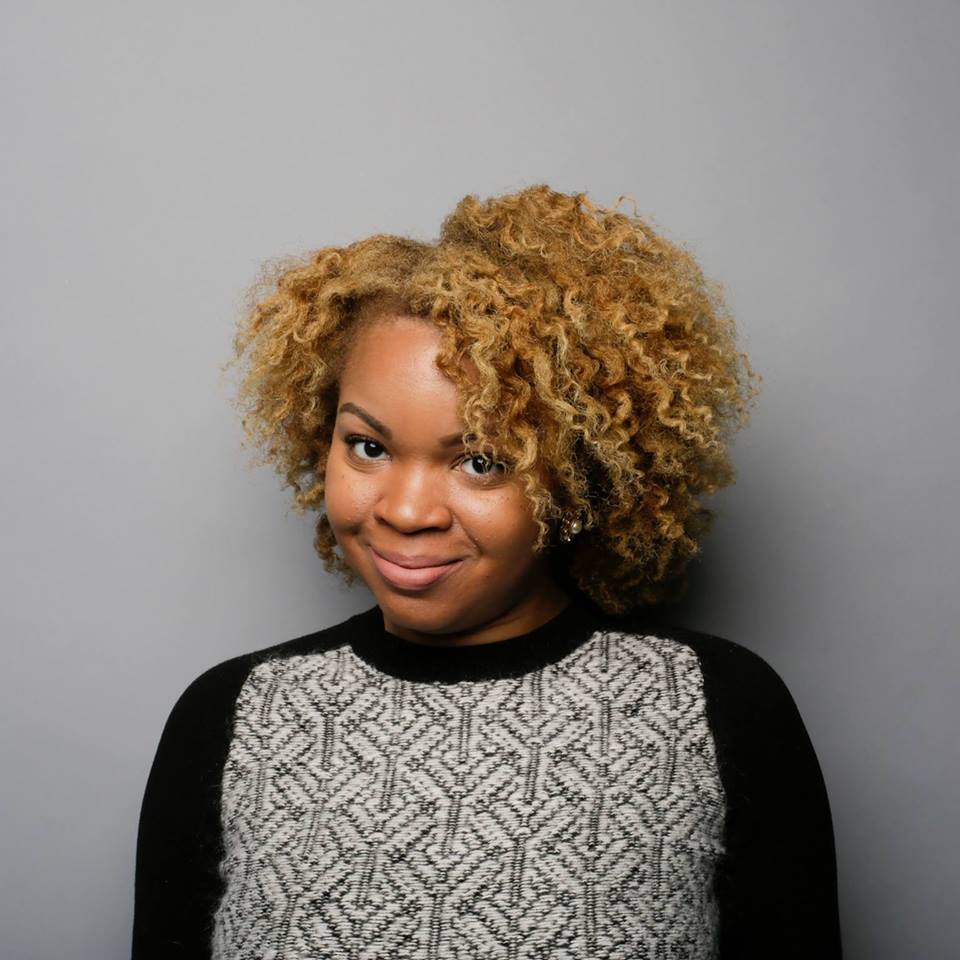The Other Message on Jay Z's New Album Everyone Is Talking About

By:
Jay Z released his 13th studio album on Friday, with "4:44" being hailed for its remarkable candor.
From admitting his infidelities to revealing that his mother came out as a lesbian—along with a few cheap shots at other rappers in the game—the music icon doesn't hold anything back on the album.
While many people were floored by the notoriously private rap mogul revealing many personal details about his life, others were quick to point out that the Brooklyn rapper also preached about the importance of financial literacy and supporting black businesses on the album, too.
At the time of its release, the album was only available to Sprint customers or users of Tidal, which Jay Z owns. With fans scrambling to subscribe to Tidal before the album's release, they learned of a very clever stipulation: only people who were subscribers to the streaming service before the album's release could listen to it (though Variety reports it should be available to other users and streaming services within a couple weeks).
People were upset at the exclusivity of the album, with Twitter erupting in commentary.
But others defended the move, arguing those who subscribed to Tidal at the last minute didn't really support black business.
Along those lines, Jay Z highlighted the importance of good credit in the track, "The Story of O.J."
"You want to know what's more important than throwing money away in the strip club? Credit," he rapped in the song. "Financial freedom my only hope, fuck living rich and dying broke."
But some were skeptical of the MC's financial advice and were quick to call out a line in the song where he said Jewish people "own everything."
Others took notice of how he even took a shot at those who wouldn't subscribe to his streaming service. He also alluded to how people should support black businesses in the song "Smile," rapping about how black people will likely "will rip your shit off Tidal just to spite you. What did I do? Except try to free you."
The 10-track album also boasted messages about having a will and generational wealth.
And you know what? His message on financial freedom didn't fall on deaf ears.
Some of his concerns are valid, as many black people lack financial literacy when compared to their white counterparts.
"Financial literacy scores among black high school seniors were consistently about 20 percent lower than those of their white counterparts in a multiyear national study from the JumpStart Coalition for Personal Financial Literacy and State University of New York at Buffalo," NerdWallet reported in April 2016.
“African-American households generally don’t know as much about money and financial literacy compared to mainstream and upper-middle-class white communities,” Teri Williams, president of black-owned bank OneUnited Bank, told NerdWallet. But those in the black community who are saving and working towards some sort of financial goal likely aren't doing it for themselves.
“We put almost everything else above ourselves,” Maria James, Ph.D., owner of financial advisory firm Pocket of Money, LLC, told Refinery 29 in April. “From researching and working with different clients, I can tell you that Black couples are more likely to forgo retirement in favor for children’s education. While that’s great, we also need to be able to practice self-love and invest in ourselves. It’s not selfish.”
While there was a surge of people who decided to bank with black banks last year and in early 2017, these conversations still need to be had in the black community so that financial freedom can be attainable for everyone.
